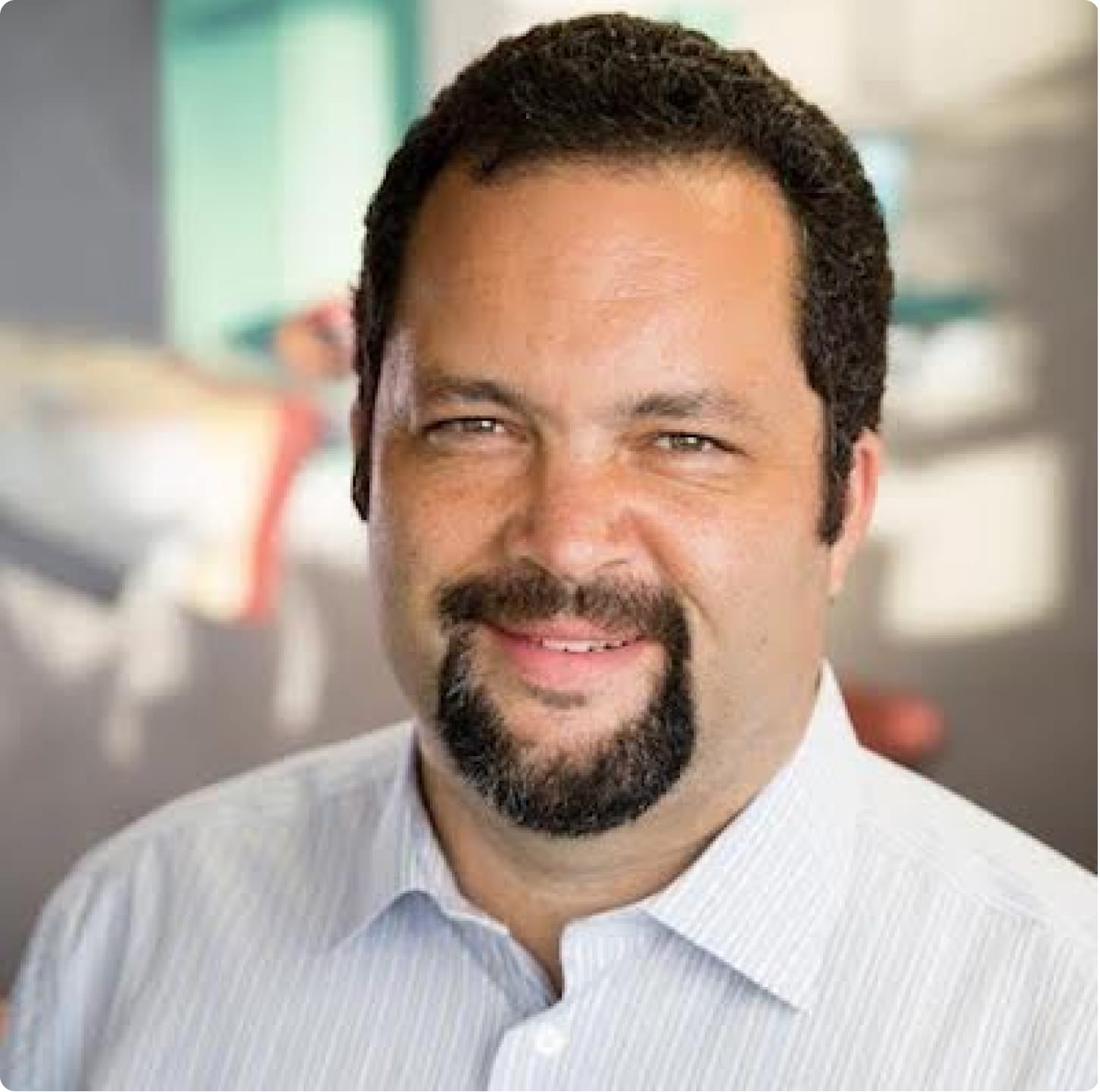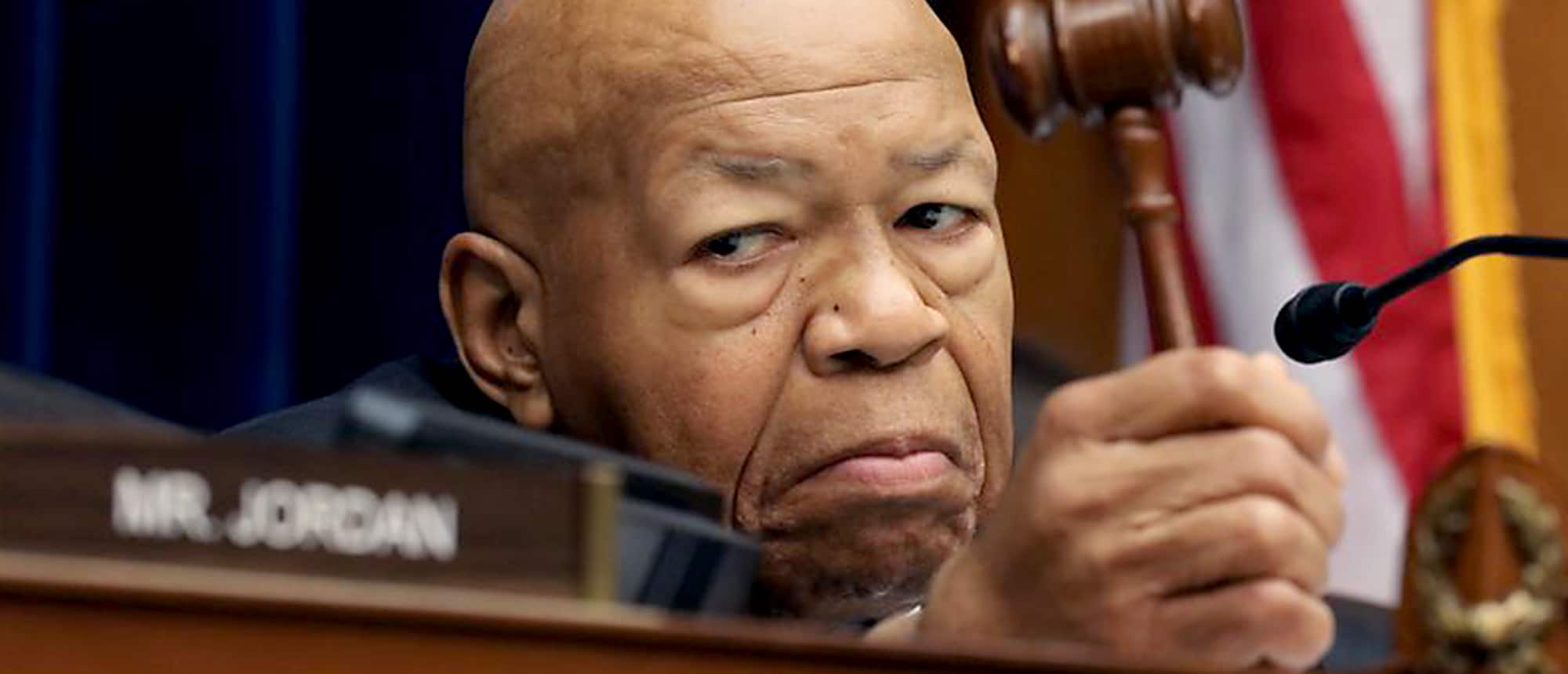Drug Pricing Legislation Will Save Lives
If enacted, H.R. 3, the Elijah E. Cummings Lower Drug Prices Now Act, would, for the first time, give the government the power to negotiate lower drug prices for millions of patients enrolled in Medicare, and millions more with private insurance. The stakes are huge: Not only would this save Medicare $500 billion over the next decade, these savings would be used to expand benefits to include dental, vision and hearing coverage and help low-income seniors pay out-of-pocket costs.
But seniors are not the only ones who stand to gain from this critical step in overhauling America’s broken system for prescription drugs. People of all ages with private insurance will also benefit from lower drug prices that our government can negotiate with Big Pharma.
Contrast this with the weak alternative proposed by House Republicans, which strips away nearly every one of these much-needed improvements. In thrall to Big Pharma, the other side of the aisle would continue to ban negotiations on Medicare so the drug corporations can keep charging patients any price they want. The bill doesn’t stop drug corporations from raising prices faster than inflation and rather than help seniors who can’t afford the dental, vision and hearing care they need by expanding Medicare, this bill protects the status quo that keeps Pharma profits high at our expense.
Let’s be clear: Americans on all sides of the political spectrum are eager to see checks on drug corporations’ power to price-gouge and needlessly hike costs. But in some communities, stopping these unjust practices is a matter of life and death. For those living with or at risk of contracting HIV and AIDS — especially communities of color — an end to the status quo can’t come soon enough.
Consider the drug corporation Gilead: makers of a drug called Truvada. When taken daily, Truvada, or its generic equivalent, reduces the risk of HIV transmission by more than 99%. That’s more effective than the vaccines for polio, measles, mumps and tuberculosis. If we can get enough people to take the medication, we can end the epidemic once and for all.
Gilead has a monopoly on Truvada. A monthly prescription in the United States costs $1,600, despite the fact that it’s available in places like Southeast Asia and the African continent for just $6. Is it any surprise that, according to public health experts, more than a million Americans who should be taking Truvada aren’t doing so because they can’t afford monopoly prices? And according to the Centers for Disease Control and Prevention, of the 500,000 black people who would benefit from PrEP, a daily pill for HIV prevention, just 7,000 filled prescriptions in 2015.
Cities like my hometown of Baltimore and Washington, D.C., are designated as “hotspots” for HIV transmission by the federal government. Communities like ours account for nearly half of all new cases each year — a brutal trend I’ve been fighting for two decades. Back then, I managed one of the first federal harm reduction grants as HIV ravaged our community, living onsite with 350 poor people battling HIV. How is it all this time has passed and we’ve only made marginal progress in this fight?
Perhaps it’s because of the fact that HIV may be an equal-opportunity killer if untreated, but the odds of contracting it are not distributed equally. Black men living in Baltimore face a risk 11.1 times higher than their White peers. For Black women, the risk is more than 20.3 times higher than Whites.
Let’s be clear: this is a solvable problem. Passing the Elijah E. Cummings Lower Drug Costs Now Act would be a great start — one which the late Rep. Cummings, a long-time champion against Big Pharma price-gouging, would applaud.
Struggling to get by in America is hard enough. It shouldn’t be deadly. Not when we have the technology to prevent HIV transmission and not because we defer to greedy drug corporations withholding a cure from the public. Taxpayers and the U.S. government paid for almost 100% of the research that went into the development of Truvada as PrEP, and still retain the relevant intellectual property rights. Now we must demand it’s made available and affordable to all who need it. Because this is a matter that is literally life or death.

